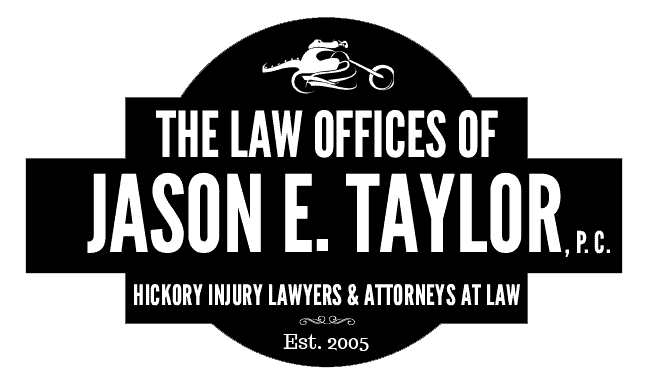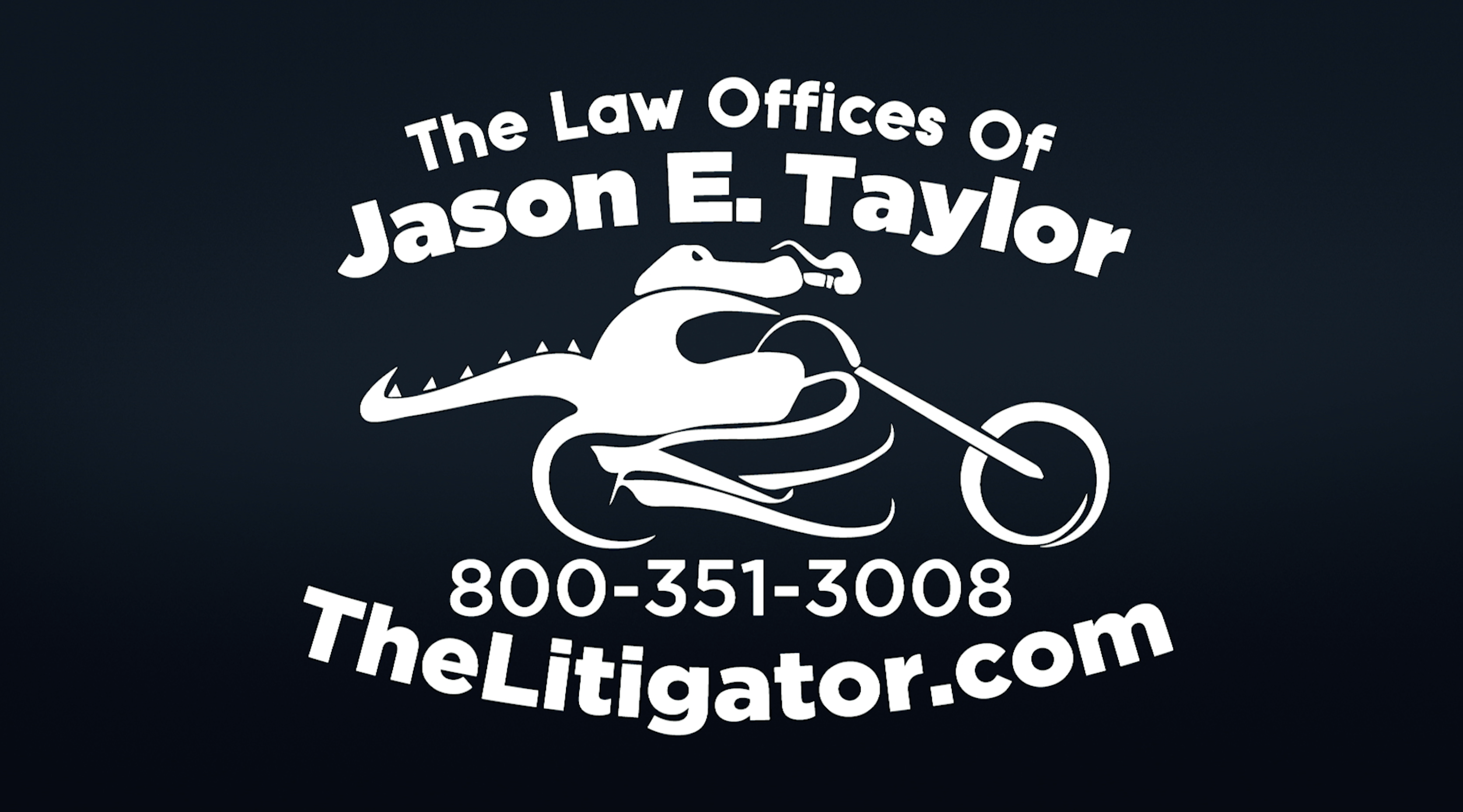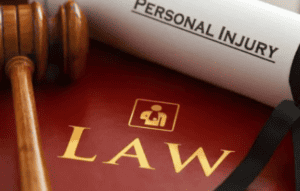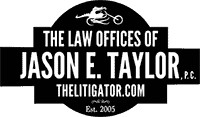If you live in Hickory, North Carolina, and have been injured in an accident, you may be entitled to compensation through a personal injury lawsuit. These lawsuits are meant to compensate those who have suffered from the negligence of another person or entity.
Whether you’re injured in a car accident on I-40 or slip and fall in a local Hickory supermarket, you may be able to pursue legal action against the party responsible for your injuries. At The Law Offices of Jason E. Taylor, we can help you determine if you have a valid claim for personal injury and represent you in court if necessary.
Our personal injury attorneys have a proven track record of success when it comes to representing clients who have been injured in accidents. Contact us today for a free consultation.
Personal Injury Lawsuits: The Basics
A personal injury lawsuit is a civil action filed in a court of law that seeks compensation for an injury or loss caused by another person’s negligence. These cases can involve injuries or deaths due to motor vehicle accidents, workplace injuries, medical malpractice, defective products, or premises liability. Personal injury cases can be very complicated and typically require the assistance of a qualified attorney.
Personal Injury Law in North Carolina
You may be entitled to compensation if you have been injured due to another person’s negligence.
The other party could be a driver or a doctor. The other party could also be a business or individual responsible for maintaining their property and did not do so correctly. The key is to prove that the other party acted carelessly or recklessly and that this action caused your injuries.
If you have been injured in an accident, contact an experienced attorney as soon as possible. You may be entitled to compensation for medical expenses, lost wages, and pain and suffering.
Examples of Negligence in a Personal Injury Case
The following is a list of examples of negligence in a personal injury case:
- A driver ran through a red light and hit you while crossing the street.
- You were hurt when the supermarket failed to conduct regular inspections and you slipped and fell on a leak that had been there for some time.
- Your doctor left surgical instruments inside your body after surgery.
- A dog owner could not keep his pet on a leash, which resulted in the animal attacking you.
- A company allowed defective products to be sold without warning consumers of the risk involved.
- An employee failed to follow proper safety procedures and injured you while working at your place of business.
Proving Negligence in Hickory Personal Injury Claims
To prove that someone else was negligent in causing your injuries, there are several elements you must show:
- The other party had a duty of care.
- They breached this duty through action or inaction.
- This breach caused your injuries.
- You suffered damages as a result of the accident.
Negligence differs from case to case, but generally speaking, it is any action that falls below the standard of care. For example, if a driver is speeding or runs a red light and causes an accident, they have breached their duty of care by failing to slow down to safely make it through the intersection.
Another example is a medical malpractice case; a doctor who fails to diagnose an illness or injury and treats the wrong condition may have breached their duty of care if that failure to diagnose falls below the standard of care for that area of practice.
As we’ve mentioned above, each case is unique. The best way to determine whether you have a valid negligence claim is to speak with an experienced Hickory personal injury lawyer about your specific situation.
Formal Lawsuits vs. Informal Settlements
In legal terms, a lawsuit is an official proceeding in which the plaintiff seeks financial compensation or another remedy from the defendant. A formal lawsuit begins when a complaint is filed with the court and served on the defendant, usually in person.
The complaint is a legal document that describes the facts of your case and states your legal claims in detail. It lists the names of all the responsible parties, such as doctors and medical facilities, as well as their addresses and phone numbers.
An informal settlement is a compromise or agreement between the parties, which may be reached at any time before or during the trial. Most personal injury claims are settled outside of court.
If you reach an informal settlement, it will include releasing your claim against the parties involved, such as the driver and owner of the at-fault vehicle. A release is a legal document that discharges one party from liability for a claim, injury, or debt. Going this route means you won’t be able to sue for any further damages, but it’s often the best way to resolve a dispute quickly.
The Statute of Limitations for a Hickory Personal Injury Claim
The statute of limitations is a law that states how long you have to file a claim. If you don’t file your lawsuit within this time limit, your case will be dismissed, and you’ll be barred from recovering compensation.
In North Carolina, the statute of limitations for most personal injury cases is three years from the date of the incident. It is important to talk to your lawyer about what the statute of limitations is in your particular case.
Do I Need a Personal Injury Lawyer?
If you’ve been injured in a car accident or other incident, you may wonder whether you need to hire a personal injury lawyer. Here are some of the reasons why it’s wise to seek legal help:
- Your insurance company might try to take advantage of your situation and offer an unfair settlement.
- The negligent party may try to escape liability for their actions.
- You may need to file a lawsuit to receive compensation for your injuries.
If you have any questions about personal injury law, it’s always wise to seek the advice of an experienced personal injury attorney.
How Our Hickory Personal Injury Lawyers Can Help You
If you have been injured in an accident, our Hickory personal injury lawyers can help. We will work with you to build the strongest possible case and get you the compensation you deserve. We know how stressful it can be when dealing with an insurance company on your own, and we want to ensure that your rights are protected as much as possible during this process. We will:
- Work with you to establish and prove your case.
- Communicate with the insurance company on your behalf
- Handle the process of filing a lawsuit if necessary and guide you through each step along the way
- Help you receive the compensation you deserve
We are dedicated to fighting for our client’s rights and providing them with the best representation. If you have been injured in an accident, please get in touch with us today for a free consultation.
Personal Injury Accident Victims Can Recover Damages
A personal injury accident can be a stressful and emotionally draining experience. You may have suffered injuries that require medical attention and damage to your personal property, and you may even lose wages due to time off work.
The last thing you need after an accident is to worry about your legal rights. The experienced attorneys at our firm can help you understand what types of damages are available to you, how they are calculated, and what steps you should take next.

Contact The Law Offices of Jason E. Taylor Today
When you contact a Hickory, NC, personal injury attorney at our firm, you can rest assured that you are in good hands regarding personal injury litigation. Our law firm has a team of attorneys with the skills to take on any claim, no matter how intricate or complex.
Our attorneys understand the importance of personal injury litigation. They will work hard to protect your rights and financial interests by helping you recover medical bills, lost wages, and other damages related to your accident.
We want to help you get the compensation you deserve while keeping your costs down. Our attorneys’ in-depth experience and detailed knowledge of personal injury law in North Carolina means that you can be confident that your interests are protected. Contact us today to see if we can help.









